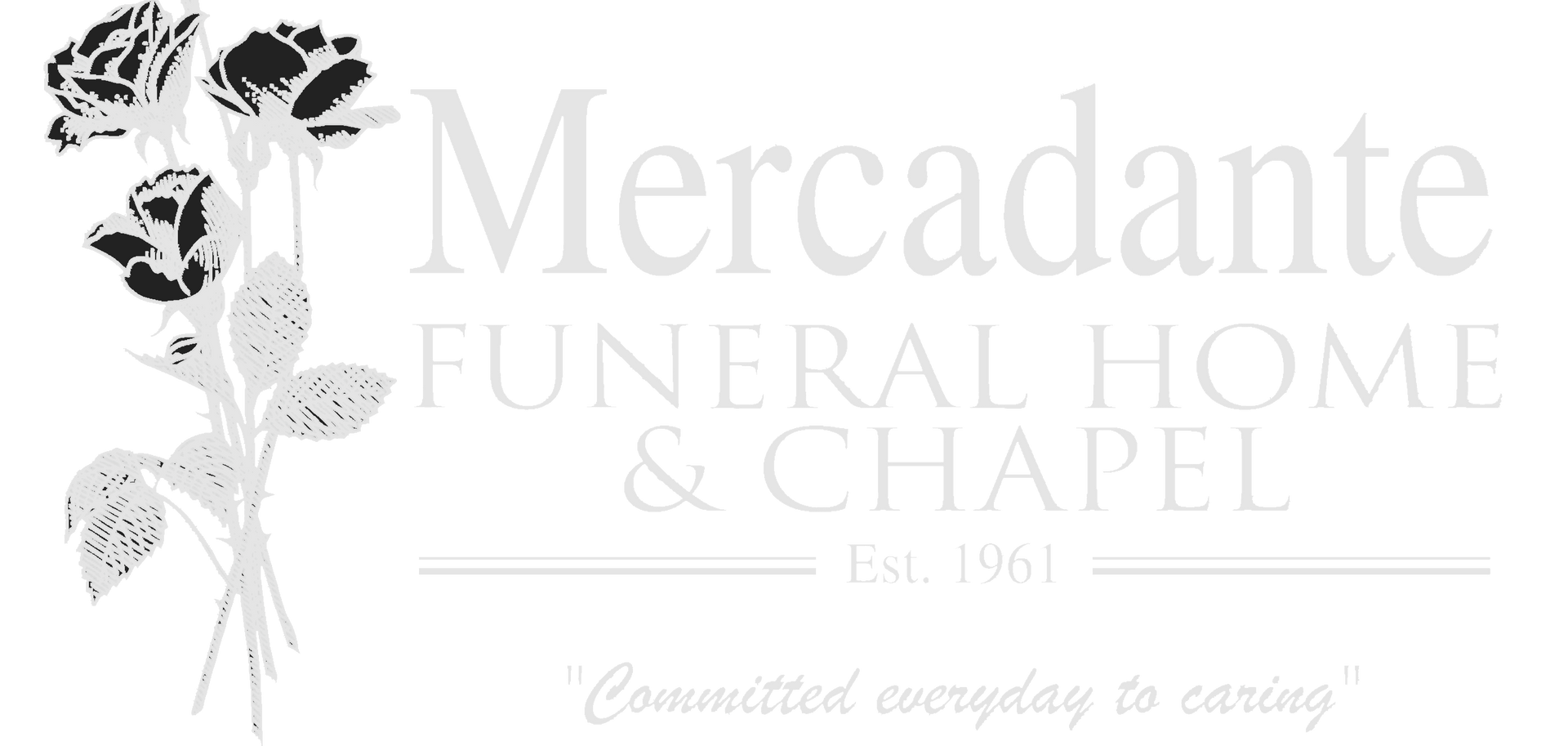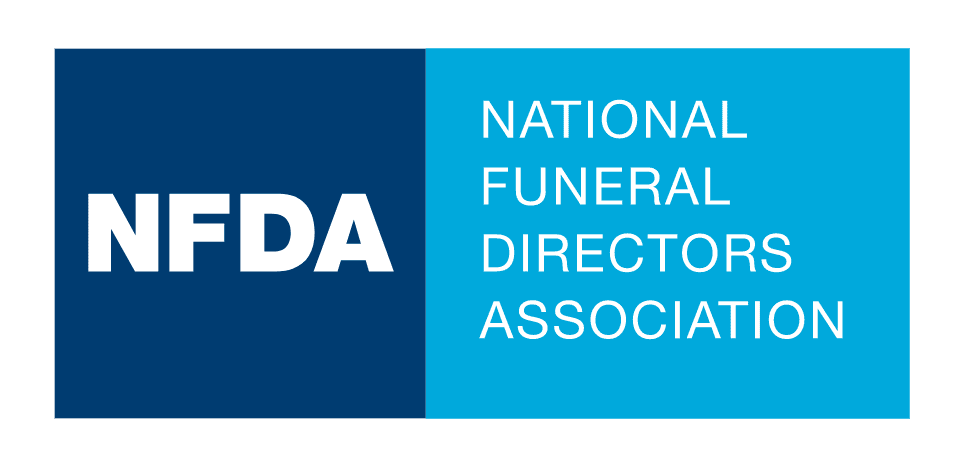Social Security Information
Here at Mercadante Funeral Home & Chapel we notify the Social Security Administration for each person that passes away. We formally fill out a form known as "Statement of Death by Funeral Director" within 36 hours after death and submit that form to Social Security. The following is a summary of benefits directly from Social Security:
How do I earn survivors insurance?
As you work and pay Social Security taxes, you earn credits toward your Social Security benefits. The number of years you need to work for your family to be eligible for Social Security survivors’ benefits depends on your age when you die. The younger you are, the fewer years you need to work. But no one needs more than 10 years of work to be eligible for any Social Security benefit.
Under a special rule, if you have worked for only one and one-half years in the three years just before your death, benefits can be paid to your children and your spouse who is caring for the children.
Who can get survivors benefits based on your work?
• Your widow or widower may be able to receive full benefits at full retirement age. The full retirement age for survivors is age 66 for people born in 1945-1956 and will gradually increase to age 67 for people born in 1962 or later. Reduced widow or widower benefits can be received as early as age 60. If your surviving spouse is disabled, benefits can begin as early as age 50.
• Your widow or widower can receive benefits at any age if she or he takes care of your child who is receiving Social Security benefits and younger than age 16 or disabled.
• Your unmarried children who are younger than age 18 (or up to age 19 if they are attending elementary or secondary school full time) also can receive benefits. Your children can get benefits at any age if they were disabled before age 22 and remain disabled. Under certain circumstances, benefits also can be paid to your stepchildren, grandchildren, step grandchildren or adopted children.
• Your dependent parents can receive benefits if they are age 62 or older. (For your parents to qualify as dependents, you would have had to provide at least one-half of their support.)
Benefits for Surviving Divorced Spouses
If you have been divorced, your former wife or husband who is age 60 or older (50-59 if disabled) can get benefits if your marriage lasted at least 10 years. Your former spouse, however, does not have to meet the age or length-of-marriage rule if he or she is caring for his/her child who is under age 16 or who is disabled and also entitled based on your work. The child must be your former spouse's natural or legally adopted child.
Benefits paid to you as a surviving divorced spouse who meets the age or disability requirement as a widow or widower won't affect the benefit rates for other survivors getting benefits on the worker's record. However, if you are the surviving divorced mother or father who has the worker's child under age 16 or disabled in your care, your benefit will affect the amount of the benefits of others on the worker's record.
How much are benefits?
How much your family can get from Social Security depends on your average lifetime earnings. That means the more you have earned, the more their benefits will be. You should check your Social Security Statement, which is sent each year to every worker age 25 or older. The Statement gives an estimate of survivors benefits that could be paid, as well as an estimate of retirement and disability benefits and other important information.
One-Time Death Payments
There is a one-time payment of $255 that can be made when you die if you have worked long enough. This payment can be made only to your spouse or child if they meet certain requirements.
How much will I receive?
The benefit amount is based on the earnings of the person who died. The more the worker paid into Social Security, the greater your benefits will be. Social Security uses the deceased workers basic benefit amount and calculates what percentage survivors are entitled to. The percentage depends on the survivors' ages and relationship to the worker. If the person who died was receiving reduced benefits, your survivors benefit is based on that amount. Here are the most typical situations:
• A widow or widower, at full retirement age or older, generally receives 100 percent of the worker's basic benefit amount;
• A widow or widower, age 60 or older, but under full retirement age, receives about 71-99 percent of the worker's basic benefit amount; or
• A widow or widower, any age, with a child younger than age 16, receives 75 percent of the worker's benefit amount.
• Children receive 75 percent of the worker's benefit amount.
Maximum Family Benefits
There is a limit to the benefits that can be paid to you and other family members each month. The limit varies, but is generally between 150 and 180 percent of the deceased's benefit amount.
Pensions from Work NOT Covered by Social Security
If you get a pension from work where you paid Social Security taxes, that pension will not affect your Social Security benefits. However, if you get a pension from work that was not covered by Social Security for example, the federal civil service, some state or local government employment or work in a foreign country your Social Security benefit may be reduced.
What if I work?
If you work while getting Social Security survivors benefits and are younger than full retirement age, your benefits may be reduced if your earnings exceed certain limits. (The full retirement age was 65 for people born before 1938 but will gradually increase to 67 for people born in 1960 or later.) There is no earnings limit beginning with the month you reach full retirement age.
Also, your earnings will reduce only your benefits, not the benefits of other family members.
What if I remarry?
Generally, you cannot get widows or widower's benefits if you remarry before age 60. But remarriage after age 60 (or age 50 if you are disabled) will not prevent you from getting benefit payments based on your former spouse's work. And at age 62 or older, you may get benefits based on your new spouse’s work, if those benefits would be higher.
More Information
If you need more information or assistance you are encouraged to visit
www.socialsecurity.gov and follow social security benefits or call the Social Security Administration at
1-800-772-1213.









